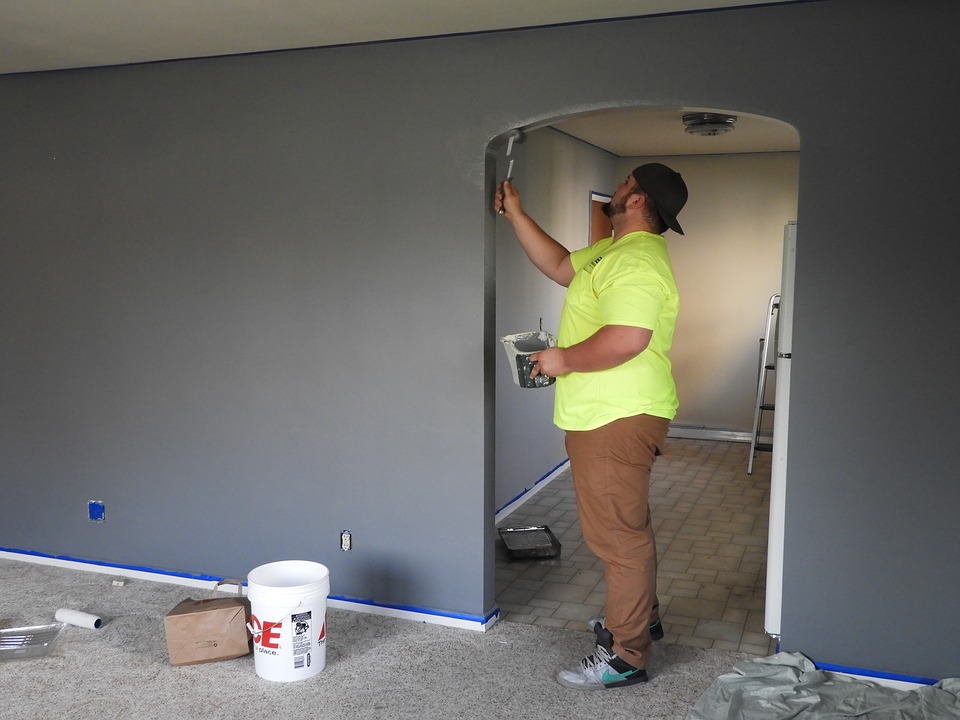Selling a property is never a one-size-fits-all decision, and the process becomes more complex when tenants are involved. For landlords and property investors, the question of whether to sell a tenanted property often comes down to balancing financial return, legal obligations, and the practicality of the sale. Below, we explore the main advantages and disadvantages of selling a property with tenants in situ.
The Pros of Selling with Tenants in Place
1. Immediate Rental Income for the Buyer
One of the biggest advantages is that the buyer inherits an income-generating asset. Investors looking for a ready-made buy-to-let opportunity are often attracted to properties with sitting tenants, as there’s no need to find new renters or suffer a vacant period. This can make the property more appealing to landlords who want an instant return on investment.
2. Avoiding Voids and Marketing Gaps
Keeping tenants in place means the property doesn’t sit empty while you prepare it for sale or look for a buyer. There’s no need to repaint, stage, or renovate for viewings. For landlords looking to keep their costs down and cash flow steady, this can be a significant advantage.
3. Minimal Disruption for the Tenant
From an ethical and practical perspective, selling with tenants in place allows them to remain in their home without the stress of an unexpected move. This can also help maintain good landlord-tenant relationships, particularly if the new owner intends to keep the tenancy agreement intact.
The Cons of Selling a Tenanted Property
1. A Smaller Pool of Buyers
While some investors see value in buying a property with tenants, many residential buyers do not. If the property is more suited to an owner-occupier than a landlord, then keeping tenants in place could limit your market considerably and slow down the sale.
2. Legal and Logistical Complications
There are additional legal considerations when you sell a tenanted property. For example, you’ll need to ensure the buyer is aware of any existing tenancy agreements, deposit protection, and legal obligations such as gas safety certificates. Failing to handle these details correctly can delay the sale or lead to legal disputes.
3. Restricted Access for Viewings
It can be harder to organise viewings and inspections when the property is occupied. Tenants have the right to quiet enjoyment of their home and may not be cooperative when it comes to regular viewings, especially if they are uncertain about their future in the property. This could make it difficult to present the property in its best light to potential buyers.
Is It the Right Choice for You?
Choosing to sell a tenanted property can work well for landlords targeting other investors or looking for a hassle-free sale with continued income. However, it may not be the best route if you want to attract residential buyers or if your tenant situation is complex. Weighing up these pros and cons carefully — and seeking professional advice — will help you make an informed decision that aligns with your financial goals and responsibilities.



